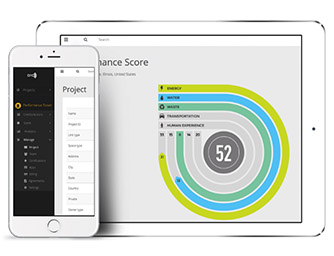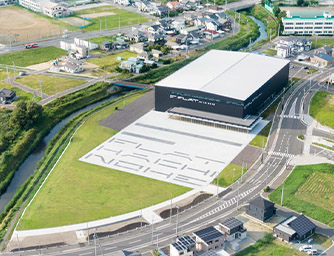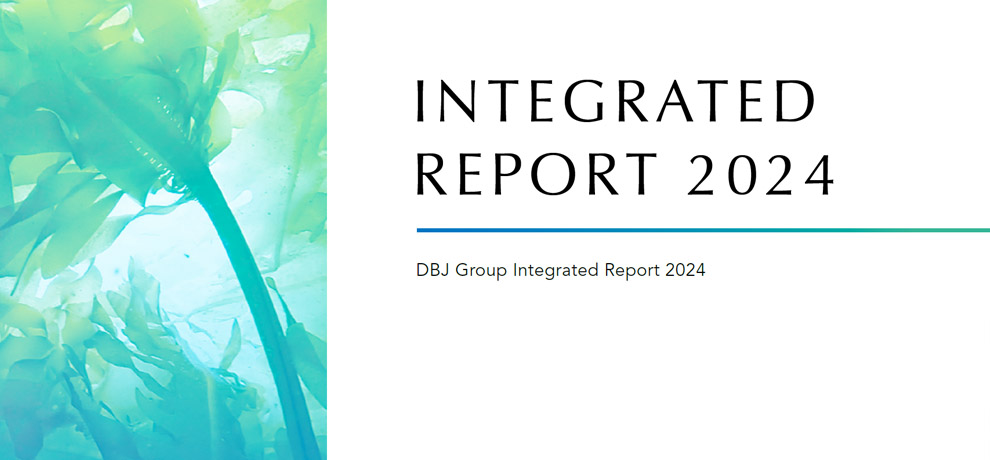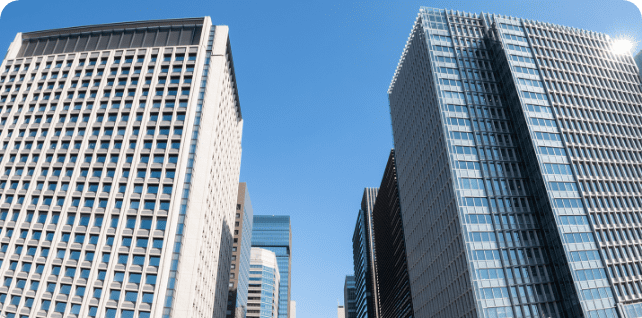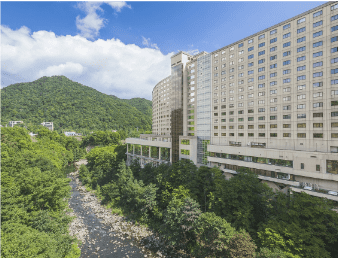Development Bank of Japan Inc. (Toru Hashimoto, President & CEO) has published the findings of recent survey, the 2014 Risk Landscape.
Each year from December 1950 through February 2014, DBJ has questioned prefectures and ordinance-designated cities throughout Japan, as well as private companies (members of the Council on Competitiveness-Nippon and companies which have earned DBJ BCM ratings) on their attitudes toward comprehensive risk in their region. The survey, the first project of its kind conducted in Japan, is based on the all-hazard approach* which is the global standard for crisis management.
The survey consists of a questionnaire eliciting the respondents' views on social, economic, environmental, technological, and geopolitical risks affecting regional communities; possible future risks (potential occurrence during the coming ten years; severity of the impact should such risk become manifest) and regional resilience (adaptability to a crisis environment; capacity to create a new environmental equilibrium), among other issues.
The 2014 Global Risk Landscape is an important product of this year's survey. As risk becomes more diverse and complex, the Landscape will be a valuable tool in prioritizing policy and project proposals and in communicating with stakeholders on matters involving risk.
A number of the survey's findings are especially noteworthy:
|
|||||||||
This year's survey was a cooperative effort by DBJ, COCN, and The University of Tokyo's Policy Alternatives Research Institute (Combined Risk Governance and Public Policy Unit).
For a copy of the report, please visit the DBJ Website under "Other Reports":
https://www.dbj.jp/en/investigate/list/
In line with its corporate philosophy ? "designing the future through innovative finance, using creative financing techniques to resolve customer issues, and working with customers to earn their trust and build a prosperous future" ? DBJ will continue to publish information on the promotion of business continuity in times of emergency.
*All-hazard approach: A comprehensive approach which can accommodate the largest possible number of crises and threats. Its aim is to create active involvement with stakeholders and integrated governance ("whole governance") in order that resources be used efficiently and effectively against diverse types of disasters.
Inquiries:
Regional Planning Department ?+81-3-3244-1100
Yoshiki Hiruma; Director of BCM rating, Environmental Initiative & Corporate Social Responsibility-Support Department ?+81-3-3270-1170

